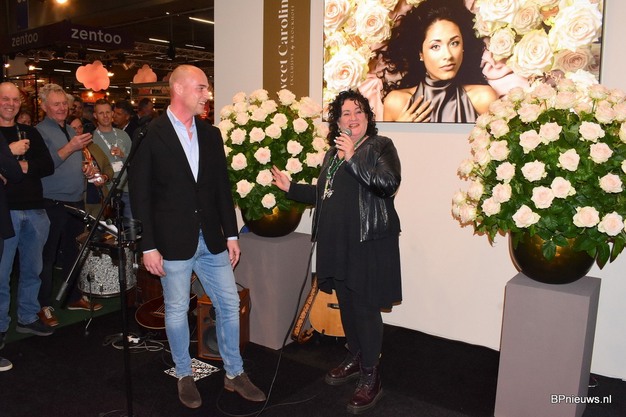Times are pretty good for Caroline van der Plas. Surrounded by the thousands of blooms that adorn the Royal FloraHolland Trade Fair, the leader of the BoerBurgerBeweging (BBB), the Dutch farmer-citizen party, is here to baptize a new pink rose named in her honor. She’s also here to rally support among the nation’s sympathetic flower-growers before this month’s general election.
“Farmers are fighting hard,” she tells them. “Not just to survive — but also for the environment and for the energy transition. We will keep representing the voice of common sense in the years ahead.”

In the splintered political landscape of the Netherlands, this voice of the countryside has spent the past years thrusting itself into the mainstream. In March, as the Dutch government formulated plans to buy out thousands of “peak polluter” farms, the BBB soldiered on, winning the nation’s regional elections and seizing the biggest share of the Dutch Senate.
Since then, some of her supporters have recently switched to another new party, Pieter Omtzigt’s center-right New Social Contract, wooed by his growing reputation as a corruption-buster and strong showing in the polls. But the BBB is still set to win up to 11 MPs on November 22, a huge gain on its single seat in the last general election. In the Dutch system of proportional representation, there is a high chance that it will be invited to be part of the next coalition government.
Read more at unherd.com
